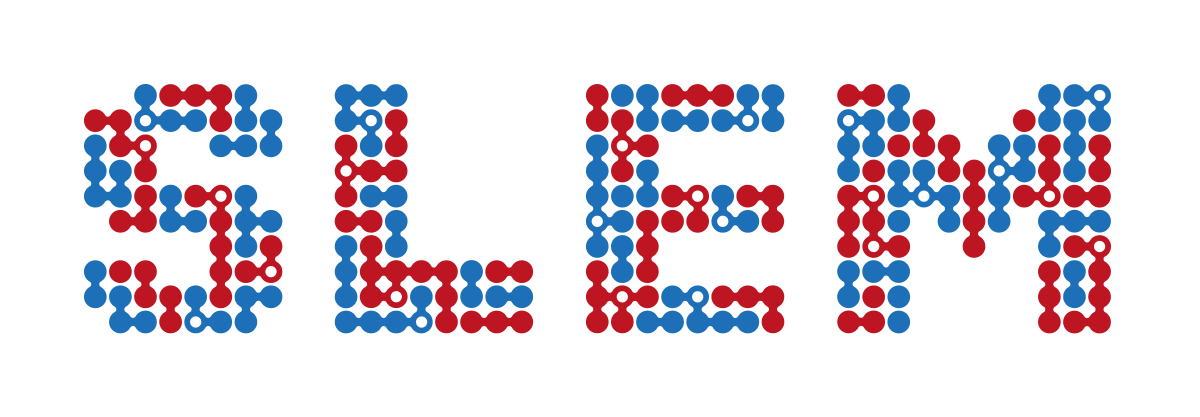South of the Netherlands settles a large number of logistics hotspots and the region has a strong ambition for maintaining a sustainable logistics sector in the region. However, this requires an innovative approach, as the logistics landscape has also changed significantly in recent years under the influence of the internet.
For example, e-commerce has grown strongly in recent years and is still growing. The logistics behind this e-commerce is complex and requires fast access to markets and efficient logistics flows. Current developments and trends are forcing logistics to adopt smarter designs of the mobility system, smarter transport of loads, multimodality, optimization of internal logistics processes and adoption of new (production) technologies such as artificial intelligence.
More about SLEM
More about SLEM
SLEM aims to promote the open innovation climate within the Southern Netherlands logistics top sector. Within SLEM, a climate is created in which logistics service providers are continuously challenged to innovate their own business processes, collaborate in the chain or promote the use of (digital) facilities. Important topics are digitalization and data exchange (BP/MR tool), supervision and enforcement (customs) and automation and robotization (e-fulfilment).
Labour market SLEM
SLEM ensures that companies will find each other easier, be stimulated to work together and get to know each other's strengths. Cooperation in which parties can build on each other's expertise and the distance between large logistics companies and SMEs is reduced. Proeftuin SLEM offers the necessary solution for this and a substantive fit with the aforementioned needs.
This living lab brings together leading large companies, startups, SMEs and knowledge institutions from the sector in a way that enables them to successfully validate and implement innovations. A unique aspect of this is the mutual availability of pilot opportunities at the companies themselves. This fits in perfectly with the need expressed by the business community to jointly tackle overlapping innovation projects and to learn with and from each other.
Also interesting: How MR glasses can help in the workplace
Partners of SLEM
The consortium consists of the following 15 participants: LIOF, Stichting Fontys - Fontys Hogeschool Venlo Logistiek en Techniek, BlackBox Robotics, Optec Mechatronics, Concept Robotics, Schneider Electric Logistic Centre, Pharox, Gerlach & co international Expediteurs B.V., Verhoex Douane Advies, Gaston Schul, TU/e, 3D Visual Logistics, Maastricht University (Brightlands Institute for Supply Chain Innovation (BISCI), Broekman Logistics and Herbalife Nutrition.
